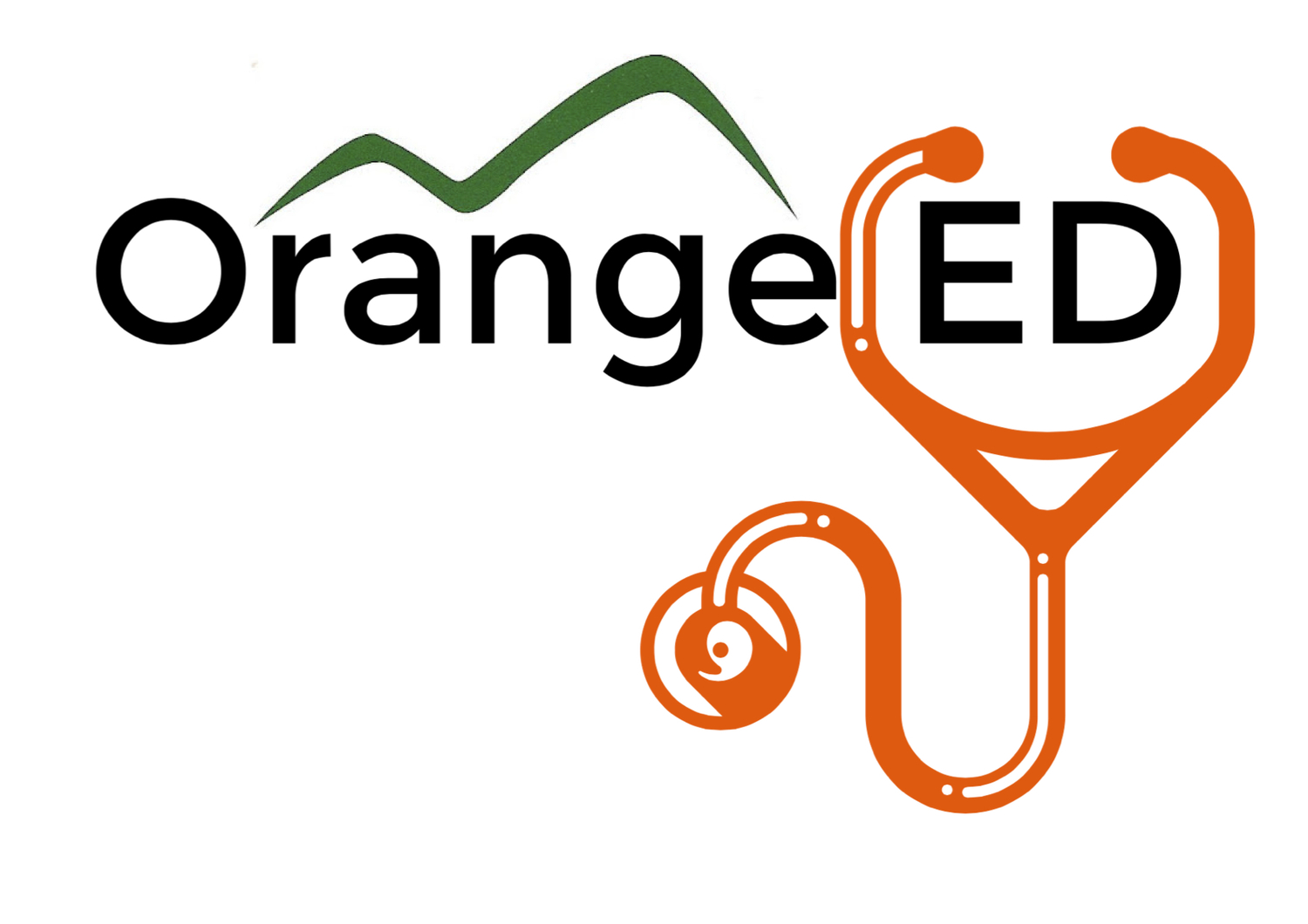Welcome to the Emergency department. We hope that you will enjoy your time here.
You will see a wide range of conditions. It is essential that if you do not know what to do, ask or look it up; there are senior medical and nursing staff available 24hours a day.
It is advisable to do some reading prior to taking up your post here. A textbook such as 'Oxford Handbook of Emergency Medicine' or 'Lecture Notes in A&E Medicine’, is a good start.
Always be pleasant and caring to the patients and relatives – this is often what is remembered and not whether your diagnosis was correct. Do not leave patients in pain-offer analgesia early; it is what you would expect if you were a patient, and often enables you to do a more thorough clinical assessment. If you can leave this post without being complained about or visiting the coroners court, you can consider yourself a success!
Please ensure you are prompt and START your shift on time. There is nothing worse than having to wait for your relief to come at 08:00 when you have been working hard all night! You are to have a 30 minute food break in the middle of your shift, so please ensure you take it, even if it is busy. If it is busy, you need your break more, and tired doctors make bad decisions, are slow and are more likely to get ill. Check with the doctor in charge first. When it is not too busy, a 10 minute tea break may also be allowed, but once again, through the doctor in charge.
No food or drink are to be consumed in the clinic areas (it's OK in the 'fish bowl') and chewing gum is not allowed. There is a health and safety risk to this and it just looks unprofessional to patients and their relatives who may have been waiting a while.
Departmental basics…
All walking patients book in at reception before nurse triage. Ambulance patients are initially assessed by a nurse at the ambulance bay doors after they ring the bell, and either directed to a cubicle or waiting room. Patients are seen by the doctor in priority order. You MUST see patients in order of priority as given at triage. Do not ‘pick’ your patients, as seeing people out of order often leads to complaints. Also, the fact that you might be tempted to skip a patient, usually indicates that you do not feel comfortable with that particular condition and so need extra practice, or perhaps, the help of a senior. We do not approve of "Cherry Picking". If you are within the last 15 minutes of your shift, you may see a minor patient, rather than a major complex patient, BUT do this with the blessing of the Consultant in Charge.
Triage System
Category 1: Immediately life-threatening. Patient should be seen by a treating doctor or nurse within 2 minutes of arriving.
Category 2: Imminently life-threatening. Patient should be seen by a treating doctor or nurse within 10 minutes of arriving.
Category 3: Potentially life-threatening. Patient should be seen by a treating doctor or nurse within 30 minutes of arriving.
Category 4: Potentially serious. Patient should be seen by a treating doctor or nurse within 60 minutes of arriving.
Category 5: Less urgent. Patient should be seen by a treating doctor or nurse within 120 minutes of arriving.
Remember all patients need to be seen, assessed and discharged within 4 hours.
Your Role
Do not put any patient in a cubicle without informing the NUM. As soon as you have decided to refer (AS EARLY AS POSSIBLE) please tell the NUM/Consultant. The earlier you can refer the patient and tell the coordinator, the earlier a bed can start to be sought. If you are taking bloods/ECG etc and want to wait for results discuss it with seniorabout what you are waiting for and why FIRST, it may not be necessary.
If the patient needs treatment, such as IV antibiotics, ensure that you start it, as there may be a wait for the specialty doctor. If you need to cannulate, then do the necessary bloods that you or the specialty may need. You are responsible for all investigations and treatment you initiate, so if you don't agree (e.g. with a CXR being ordered) then don't order it.
Try and not to forget patients awaiting blood or x-ray results. It is easy to do, but 4-hour breaches generate large amounts of paperwork and headaches.
Many of the patients you see may not be an emergency. Be polite, do a thorough assessment to ensure that something sinister is not being missed, and refer back to the GP. Many patients may need GP follow up for further non-urgent investigation. We can't always reach a diagnosis in ED. Inform the patient we will be sending a note to the GP. Often an explanation to the patient as to why you are doing this, and the reason they need the GP's involvement goes a long way to avoiding confrontation and complaints.
Finally, discuss with a senior freely, that's what they're there for. Don't take problems home, it is the patient that has the condition not you. Any problems, concerns, worries speak to the consultants, they are all approachable and are happy to try and help. We would like all our staff happy (and productive too!)
NO patient should be sent home from majors/resus without informing a registrar or above. This is not a reflection on your abilities, but the sickest of patients should not be managed without involvement of senior clinicians

